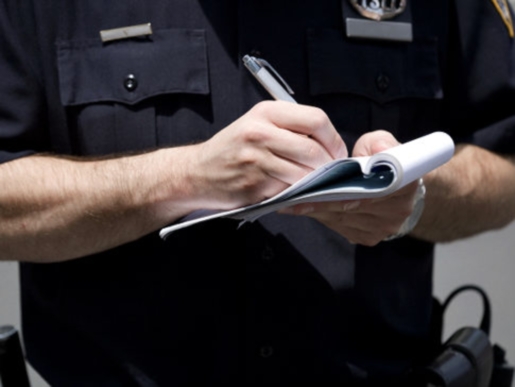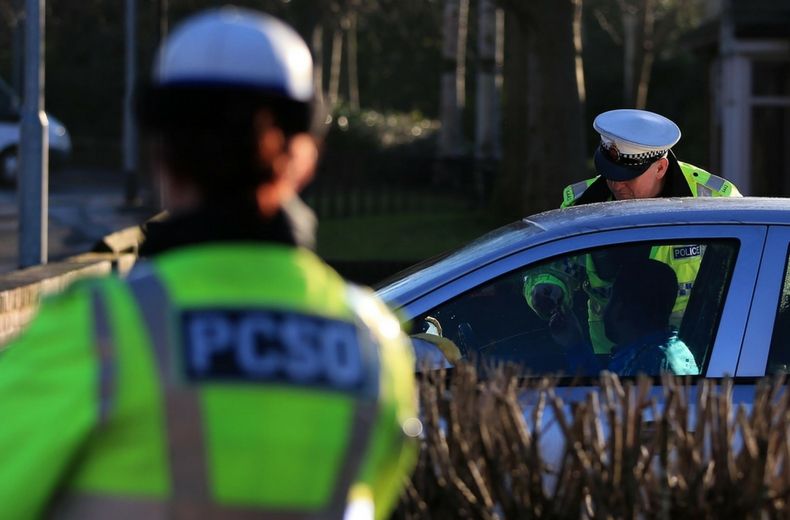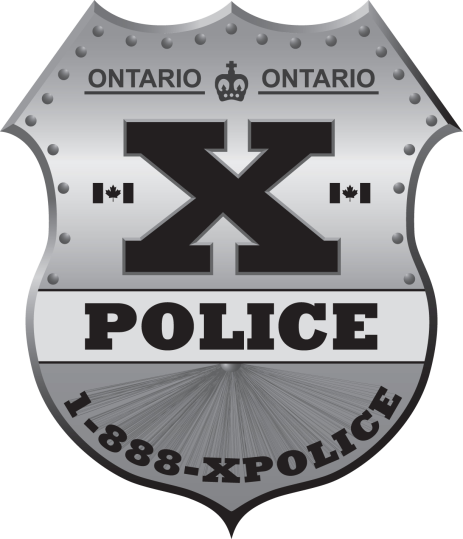Types of Traffic Tickets
Part I
These are what is referred to as minor offences. They usually carry a set fine so if your traffic ticket has a fine amount on it, it’s a Part I. Another feature for Part I offences is that the penalty is limited to $500. You also can’t be suspended by a court for the offence if suspension was one of the possible sentencing outcomes. Don’t let their minor nature fool you. There are some Part I offences which carry hidden administrative suspensions. Novice driver violations carry suspensions issued by the Ministry of Transportation and not a court. Paying these types of fines or pleading guilty to them means after you think the dust has settled, you get a suspension notice in the mail. In addition, paying the ticket is the equivalent to pleading guilty to the charge. That means you could be assessed demerit points, your insurance could go up, and worse. Visit the FAQs page (and some of our others while you’re at it) to see some of the negative effects of paying a ticket.
Part II
These are parking infractions. Unlike Part I offences, these tickets only have fines. No hidden suspensions or the like. Parking offences don’t go on your driver’s record. And it’s vicarious liability to the owner/lessee of the vehicle. That means loaning out your car can also mean you get a parking ticket.
Part III
Part III offences are the more serious of the bunch. These cases do not have a fine on the ticket. It’s just a summons with a court date. You can’t just pay it. Some of the offences prosecuted under Part III proceedings are driving under suspension, Operate motor vehicle without insurance, Stunt driving, and Racing. There are way too many to list but those are a few of the big ones. Drive under suspension for example carries a possible jail sentence, a minimum Ministry imposed 6 month suspension and a hefty minimum fine of $1,000. The majority of offences under Part III are classified as strict liability. Part III offences should not be taken lightly. The fines can be astronomical and some of the other penalties associated with Part III offences can include, jail, license suspension, probation, and are subject to other orders.
So you think you’re sly, pumping the breaks a second after seeing the police cruiser on the highway. Unfortunately, the fine officer of the law is wise to your commuter Jedi mind tricks and pulls you over.
For the police officer, your excuses – though well thought out – are probably not going to do much to deter or escape his B.S. meter. For him, it’s all in a days work, after all, on an annual basis 750,000 drivers in Ontario alone are busted and convicted for speeding.
At the top end, if you’re 50 km/h over the limit, you’re apt to have your car impounded and get slapped with a hefty fine of up to $10,000.
But that’s the worst-case scenario for dangerous drivers.
What about the law abiding ones with the occasional penchant for heavy right-footedness – how much does a speeding ticket cost them?
Well, that’s a bit of a discretionary gray area.
In some province’s traffic patrol is a little more lenient, in other’s they just might toss a few demerit points at you to make a… point. Some use a bracket system where you pay the same fine for being 12 to 15 km over. And others have fines pro-rated for every kilometer you’re north of the posted limit.
But there are other costs to consider – from legal fees to insurance premiums.
In this week’s Just Explain It, we look at the true cost of getting a speeding ticket.

How To Fight A Speeding Ticket
Hadley Dyer
The Globe & Mail
(February 4, 2011)
Of course you didn’t know you were driving that fast. The speed limit sign was obscured by a passing bird. But the police officer isn’t persuaded by your doe-eyed pleas, and now you’re faced with a fine, increased insurance premiums and demerit points on your driving record. Here’s how to reduce or beat the charges.
Put it in writing
Were you attempting to slow down when the police officer stopped you? Write down everything you can remember about being pulled over. This information may be helpful if you take your case to trial or plea bargain.
Check the fine
“Most people don’t know the appropriate fines for the ticket, and many have flaws,” says Frank Alfano, a paralegal with Xpolice Traffic Ticket Services, a ticket-fighting firm with 11 locations in Ontario. Most initial consultations with paralegals are free, “so it costs nothing to get them to make sure it’s proper,” he says.
Hire help
Some speed demons hire paralegals to represent them in court. Why would you fork over $400 to a paralegal firm to help you fight a $350 fine? “Insurance premiums are what make our kind of practice cost-effective,” Mr. Alfano says. Insurance companies “care about the number of entries on your record, and can use a minor conviction to increase [your] premiums for three years.” He recommends talking anonymously with your insurance company to find out how legal penalties will affect your premiums.
Book time off
Be prepared to take the day off work for your day in court. You may also need to take time off just to set the wheels in motion: Some municipalities allow you to request a trial by mailing in your ticket, but others require you to head to the traffic court office to file the paperwork in person.
Request disclosure
You have a right to see the evidence that will be brought against you in court. Known as “disclosure,” it may include copies of the police officer’s notes, witness statements and information about the equipment used to record your speed. Disclosure should be requested from the city prosecutor’s office – through your local Provincial Offences office – well in advance of your trial date.
Mr. Alfano examines the evidence for possible weaknesses. “There are all kinds of ways to throw a wrench into a case,” he says. “The police officer will say he’s qualified to use the equipment, and then you start asking questions like Who trained you? “


Plea bargain
“What I find is that there’s usually a deal to be made,” says Toronto lawyer John Spina, who was once clocked driving nearly twice the speed limit. “What they’re really interested in doing is balancing the need to deter people from doing these things, and punishing them when they do, with serving the administration of justice.”
Mr. Spina negotiated $200 off his fine and reduced his demerit points to two. He points out: “These courtrooms are packed. Imagine if they all went to trial how clogged the system would be.”
Be contrite
“There’s an assumption of innocence until proven guilty. I have a right to test the Crown’s theories,” Mr. Spina says. “But if you go in there throwing your weight around, you’re going to get a very frosty reception and rightly so. You’ve got to treat the court and the officers of the court with due respect.”
*And don’t do this: Admit guilt (“I was only 10 kilometres over”) if you plan to go to trial or plea bargain.
